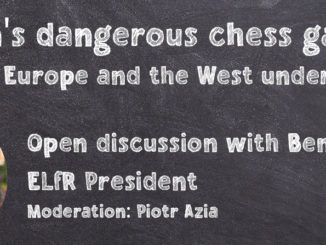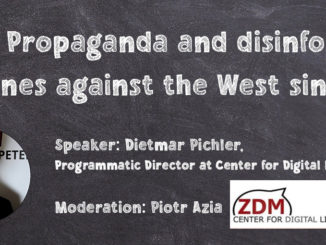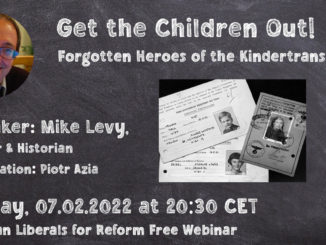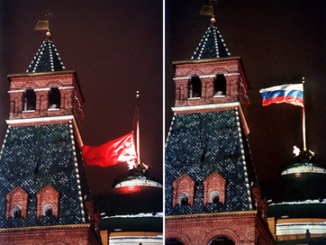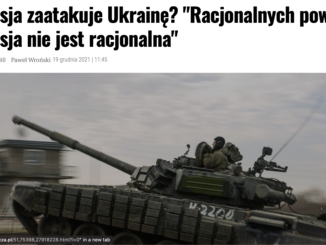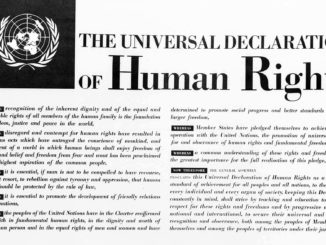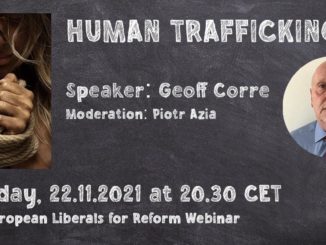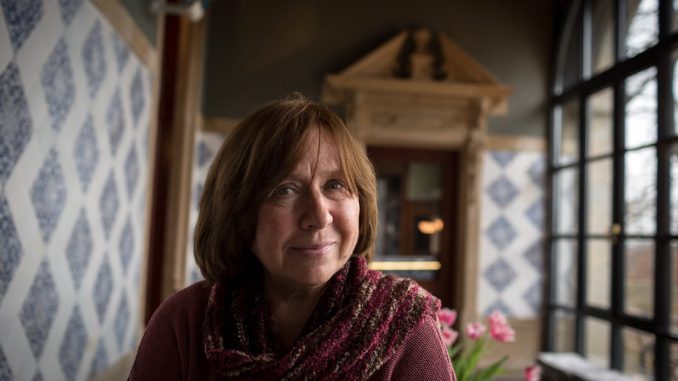
Like all of Alexievich’s works, Chernobyl Prayer is based on documentary interviews with eyewitnesses – in this case survivors of a cataclysm that saw 50m curies of radiation dumped into the atmosphere. They include rescue workers, helicopter pilots, Communist party bosses, scientists and villagers forcibly evacuated by the authorities from “the zone”, as it became known.
Seventy per cent of this radioactivity fell on Belarus. For a small country it was an unimaginable disaster. Its effects will last for tens of thousands of years – hence her subtitle, “A Chronicle of the Future”. Alexievich says the word “prayer” has a broad spiritual meaning in Russian and can be read as a plea. She calls Chernobyl an unprecedented event, with Belarusians thrust into the role of human guinea pigs or “black boxes”.
The books interview: The Belarusian Nobel laureate on the legacy of Chernobyl on its 30th anniversary, being an ‘unperson’ in her home country and writing non-fiction as literature

